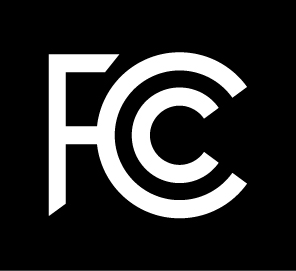At the following link you will find the FCC’s NPRM for establishing a “retransmission consent” regime online for a specific class of online services called Multichannel Video Programming Distributors. It addresses all services that make multiple linear video programming streams available online on a subscription basis:
It would establish the first formal exception to the broad protections against copyright infringement liability provided to online service providers under the DMCA’s Notice and Takedown procedures — and it is being proposed by the FCC, not by Congress.
In addition, I was informed in an email exchange a week before this NPRM was initiated that the US sees retransmission consent as a basis for the national implementation that would be required for the Broadcaster’s Treaty, a treaty proposing to establish a new international layer of rights for broadcasters online that is not yet formalized or ratified, but which has been regularly resurrected despite ongoing opposition and concern voiced by many organizations.
With the national implementation already in place, treaty negotiators could readily ratify and implement the Broadcaster’s Treaty without the domestic public and legislative debate that it warrants. The FCC makes no mention in this NPRM of this relationship between establishing retransmission consent online under domestic law and the Broadcaster’s Treaty.
Here’s my submission, submitted on the final day of the Reply Comments period (They were extended to this past Wednesday):
> http://apps.fcc.gov/ecfs/comment/view?id=60001027037
It encourages the FCC to recognize this as a proposition that should be taken up through legislative channels that hold the power to address, as a matter of copyright, the scope of the DMCA’s liability protections, and to be forthright about the implication of this regulatory act serving as a national implementation, before the fact, of the Broadcaster’s Treaty.
We not only rely on our telecommunications environment to assure our ability to to freely enter the network of networks, peer among ourselves and offer services online, but we also benefit from protection from copyright liability which would otherwise hamper our ability to make the most effective and valuable use of the Internet’s potential, as we act as intermediaries. Otherwise we would all become liable as soon as we open a port and run a server of nearly any kind that involves users exchanging information.
While the online safe harbor the DMCA created in 1998 might have served to provide a space in which we could deliberate the types of policies that are appropriate for the new medium, this is not how things have developed. It would seem to me to that now, when we are in the midst of a process of contemplating a transition to new modes of stewardship and governance for the Internet, that we should make sure that actions like this don’t occur without our making sure we have the opportunity to address them properly.
I encourage everyone to ask the FCC, the State Department, various relevant agencies and Congress to open up the discourse on the full implications of the proposal to establish retransmission consent on the Internet.





